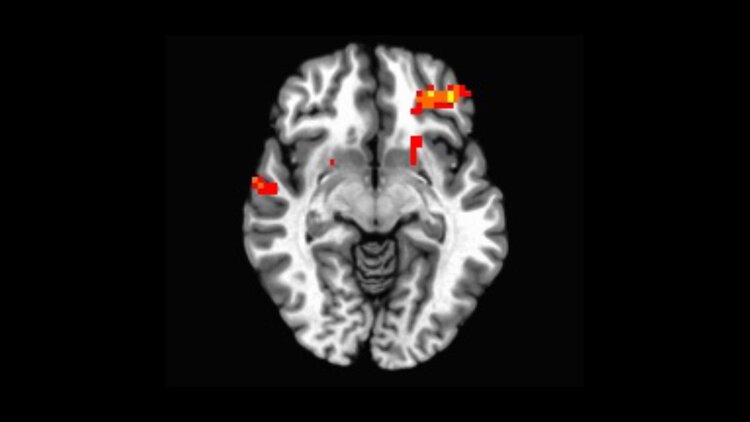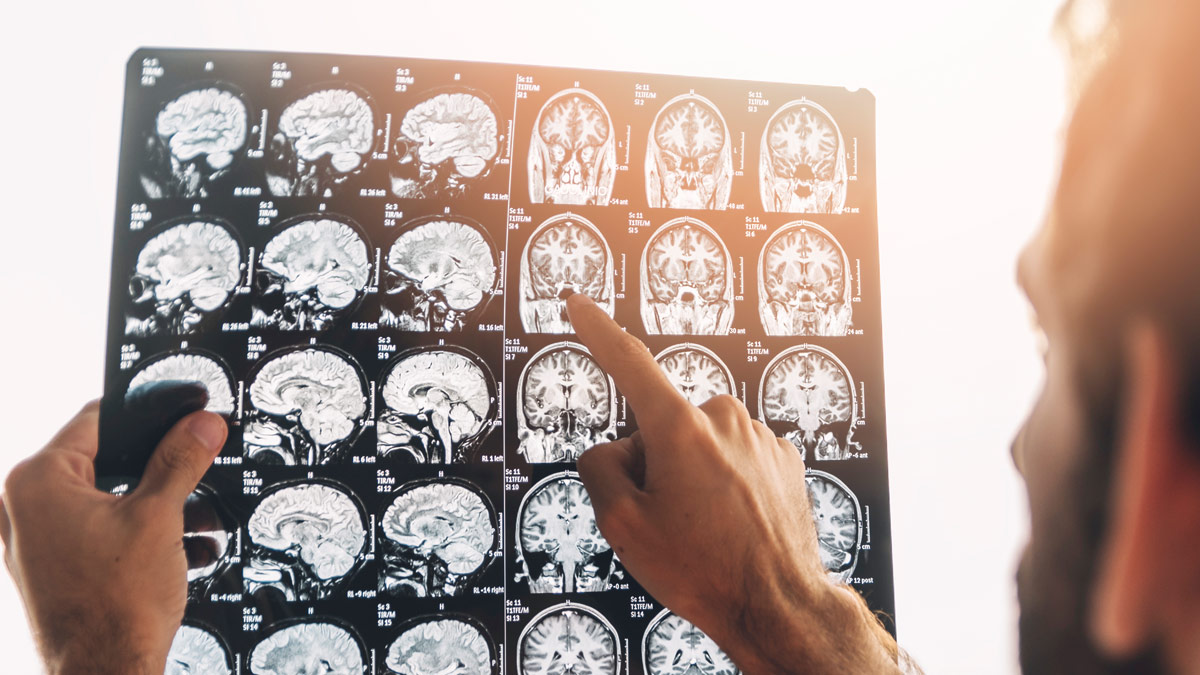One behavioral change that affects nearly every teenager is heightened impulsivity. This helps explain why young adults commit crimes much more frequently than adults and are more likely to fall victim to drug addiction or get into a car accident. But why does this happen? What is the root cause of this heightened impulsivity in adolescence? The answer once again relates to the developing brain.
A study was conducted in which 83 people ranging from ages 6 to 29 were required to perform a simple task. The participants were flashed a series of faces, asked to press the button when the face was neutral and hold back when the face was threatening. Teenagers made about 15% more errors than adults and children when the threatening faces were shown. Those who were able to hold themselves back showed higher activity in the ventromedial Prefrontal cortex (vmPFC), a region of the brain responsible for control of behavior. This research indicates that teenage brains are inherently impulsive and it is due to the slow development of the vmPFC. Additionally, this research explains why many people are unlikely to be repeat offenders, as their brains change and the vmPFC becomes more refined as teenagers grow older.





